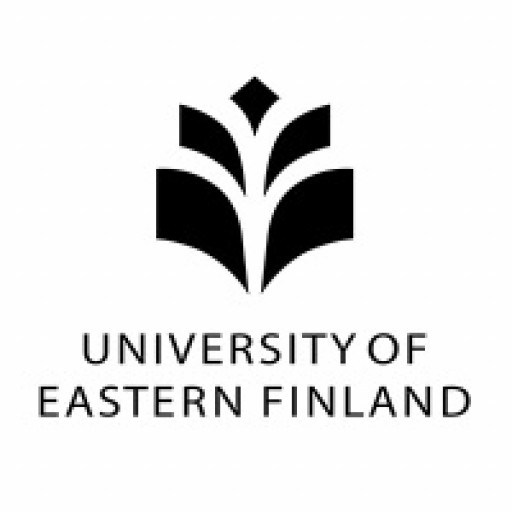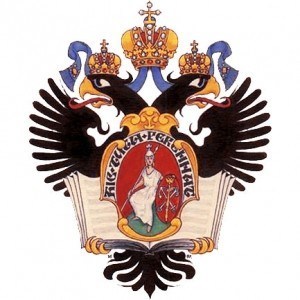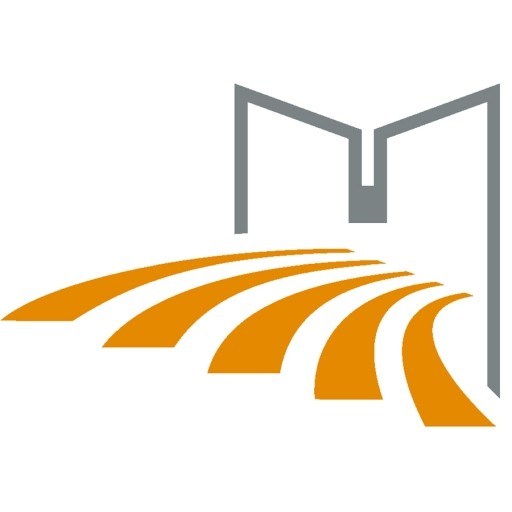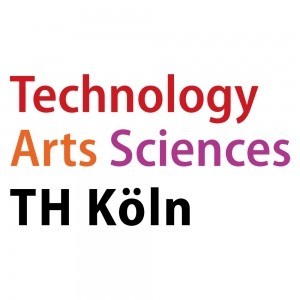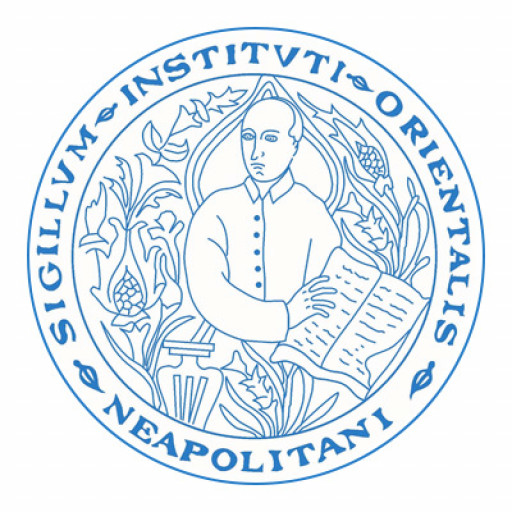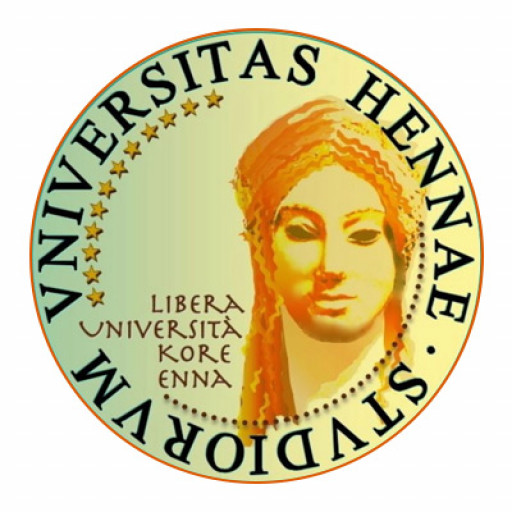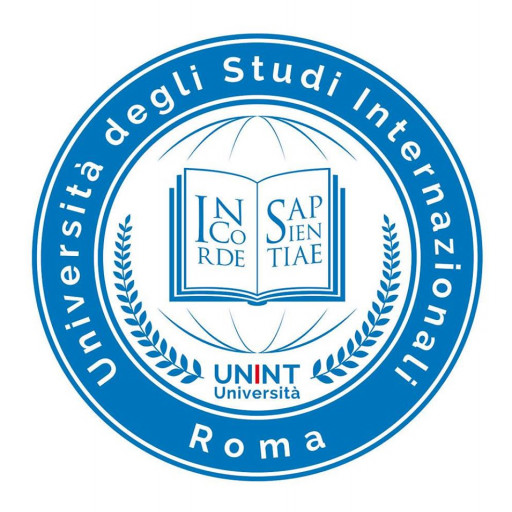The Master of Arts in Intercultural and International Communication at Royal Roads University is a comprehensive program designed to prepare students to navigate and lead in a globalized world characterized by diverse cultures, complex communication channels, and international collaboration. This program combines theoretical knowledge with practical skills, enabling graduates to effectively address challenges related to intercultural interactions, international relations, and organizational communication in various sectors including government, non-profit, corporate, and educational environments. Students will engage with topics such as intercultural competence, global communication strategies, conflict resolution, intercultural leadership, and the impact of digital media on communication across borders. The curriculum emphasizes experiential learning, critical thinking, and cultural sensitivity, providing both a solid academic foundation and real-world application through case studies, projects, and collaborations with international organizations. Designed for working professionals and recent graduates alike, the program offers flexibility through online delivery, allowing students to balance their studies with personal and professional commitments. Graduates of this program will be equipped with the intercultural awareness, communication skills, and strategic understanding necessary to foster mutual understanding, facilitate international cooperation, and lead effectively in intercultural contexts. Whether pursuing careers in diplomacy, international business, community development, or education, students will emerge prepared to make meaningful contributions in diverse, multicultural environments. The program's focus on intercultural and international communication ensures that graduates are not only equipped with relevant expertise but also possess the intercultural mindset essential for navigating today’s interconnected world.
The Master of Arts in Intercultural and International Communication at Royal Roads University offers a comprehensive and strategic exploration of how effective communication bridges diverse cultures and global contexts. This program is designed for professionals seeking to enhance their intercultural competence, develop cross-cultural leadership skills, and navigate complex international environments. Throughout the program, students engage with core concepts in intercultural communication, including cultural theories, intercultural adaptation, and the role of communication in international relations and business. The curriculum emphasizes applied learning through case studies, simulations, and practical projects, enabling students to analyze real-world intercultural challenges and craft effective communication strategies.
Students will explore topics such as global communication practices, intercultural conflict resolution, the impact of technology on international dialogue, and communication ethics in diverse cultural settings. The program also integrates leadership development to prepare graduates for roles in international organizations, government agencies, multinational corporations, and non-profit sectors. Emphasis is placed on fostering cultural intelligence (CQ), emotional intelligence (EQ), and critical thinking skills necessary for effective cross-cultural engagement.
Flexible online course delivery allows students to balance their studies with professional and personal commitments, making it an ideal choice for working professionals. Collaborating with diverse peers from around the world provides a rich learning environment, fostering international networking and cultural exchange. By the end of the program, graduates will possess a deep understanding of the cultural nuances that influence communication processes and will be equipped to lead intercultural initiatives with confidence and sensitivity. This program ultimately aims to prepare graduates to become skilled intercultural communicators, capable of making meaningful contributions in our increasingly interconnected world.
Program Requirements: The Intercultural and International Communication program at Royal Roads University is designed to equip students with advanced skills in intercultural communication, international relations, and cross-cultural understanding. To be eligible for admission, applicants must possess a completed bachelor's degree from a recognized institution. Official transcripts must be submitted to demonstrate academic achievement. Relevant work experience in international or intercultural contexts is preferred but not always mandatory; applicants are encouraged to provide a detailed resume outlining their professional background. As part of the application process, applicants are required to submit a statement of purpose that discusses their interest in intercultural communication, career goals, and how the program aligns with their aspirations. Letters of recommendation from academic or professional references are also necessary, typically two in number, to assess the candidate’s potential for success in graduate-level study. English language proficiency must be demonstrated through accepted tests such as TOEFL or IELTS if the applicant’s native language is not English, with minimum scores set by the university. International applicants may need to provide additional documentation, including a copy of their passport and proof of financial support. Upon acceptance, students are expected to complete a series of core coursework modules that address theoretical frameworks, research methods, and practical skills in intercultural and international communication. The program includes opportunities for experiential learning, such as internships or projects with community organizations or international partners, to develop real-world competencies. Successful completion requires earning a minimum number of credits, typically within a set timeframe that ensures students can balance study with work commitments. Comprehensive assessments, including projects, essays, and presentations, are part of the program evaluation process. Students are also encouraged to participate in seminars and intercultural exchanges to broaden their perspectives and build professional networks. No specific prerequisite courses are mandated prior to admission, but candidates are advised to have foundational knowledge in communication, social sciences, or related fields. The curriculum emphasizes critical thinking, cultural sensitivity, and strategic communication skills essential for careers in international organizations, diplomacy, global business, and intercultural consultancy.
The Royal Roads University offers a variety of financing options to support students enrolled in the Intercultural and International Communication program. Tuition fees vary depending on whether students are domestic or international, with international students generally paying higher rates. For domestic students, the approximate tuition cost per program credit is around CAD 595, while international students can expect to pay approximately CAD 995 per credit. The total program typically requires completion of around 33 credits, resulting in an estimated total tuition fee of approximately CAD 19,635 for domestic students and CAD 32,835 for international students. In addition to tuition, students should consider other costs such as student fees, books, supplies, and living expenses, which can significantly add to the overall cost of the program.
Royal Roads University provides various financial aid options, including government loans and grants for eligible students, such as Canada Student Loans and British Columbia Student Aid BC. International students are encouraged to seek scholarship opportunities through external organizations, as the university offers limited scholarships specifically for international students. The university also offers payment plans that allow students to divide tuition payments into smaller, manageable installments over the duration of the program.
Part-time employment opportunities on campus or within the local community can help students offset living expenses and gain valuable work experience. Additionally, students are advised to explore private scholarships, bursaries, and sponsorship programs that may be available from various foundations and organizations dedicated to supporting students in communication and international studies. Financial planning is essential, and students are advised to contact the university’s financial aid office early to understand eligibility, application procedures, and deadlines for available funding options.
Royal Roads University also offers guidance on applying for external funding sources, and students are encouraged to research regional, national, and international scholarship programs. Fundraising, crowdfunding, and sponsorship arrangements can also be considered as alternative ways to finance education. Overall, planning, early application for financial aid, and exploring multiple funding avenues can ease the financial burden of completing the Intercultural and International Communication program at Royal Roads University.
The Intercultural and International Communication program at Royal Roads University is designed to equip students with the skills necessary to navigate and succeed in a globally interconnected world. This program emphasizes the development of effective communication skills across diverse cultural contexts, preparing graduates to work in international environments, intercultural organizations, and multicultural teams. The curriculum typically includes courses on intercultural communication theories, cross-cultural negotiation, global organizational communication, and media literacy, providing students with both theoretical knowledge and practical skills.
Students may engage in various experiential learning opportunities, such as internships, collaborative projects, and case studies, which enable them to apply their knowledge in real-world settings. The program aims to foster critical thinking, cultural awareness, and adaptability, essential qualities for careers in international relations, diplomacy, global business, non-governmental organizations, and multicultural community development. Graduate competencies include the ability to analyze intercultural issues, design effective communication strategies, and manage diverse teams effectively.
Royal Roads University’s dedicated faculty members bring extensive professional experience in intercultural communication, international development, and global education, contributing to a comprehensive learning experience. The program's flexible delivery format often includes online coursework, allowing for accessibility and convenience for both full-time and part-time students. By completing this program, graduates are prepared to become effective communicators who can bridge cultural divides, foster understanding across borders, and contribute positively to international and intercultural cooperation.

